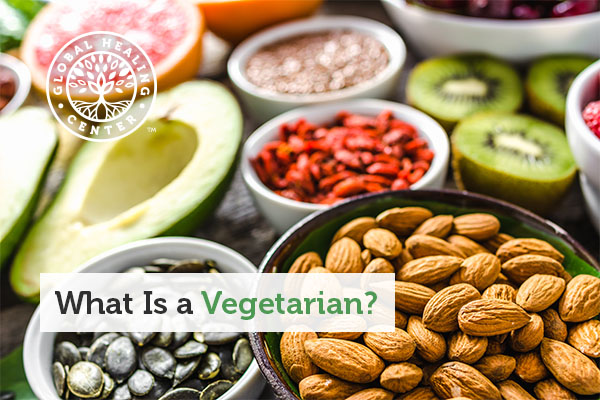
The definition of “vegetarian” is a person who abstains from consuming meat. There are many motivations for this choice. Some persons avoid eating meat due to religious beliefs that maintain the equality of all life. Other vegetarians have no particular religion to speak of but simply consider it unethical to kill animals or store them in captivity. Others have no moral objections but avoid meat because of the many health risks that meat consumption is linked to.
How Common is Vegetarianism?
Vegetarianism is a world-wide practice and it is practiced more extensively in some parts of the world than others. In India, the eating of meat is forbidden by Hinduism. Many Buddhists also avoid eating meat. Although not really mandated by their respective religions, there are Jews and Christians who may practice certain vegetarian habits without really ever assuming the title. In fact, westerners have varied the practice greatly according to personal conviction, health considerations, and overall daily life. The following list shows just how many different definitions of “vegetarian” now exist:
Types of Vegetarians
- A semi-vegetarian will eat some meat, but attempt to avoid it as much as possible. In the order of importance, red meat is particularly avoided in favor of poultry or fish.
- A pesco-vegetarian will eat fish, but not red meat or poultry.
- A pollo-vegetarian will eat poultry, but will avoid meat and fish.
- A lactoovo-vegetarian will avoid meat, poultry, and fish, but will eat dairy products and eggs. Most insist on eating only free-range eggs and believe hen farming is an inhumane practice that should not be economically supported.
- A lacto-vegetarian will consume dairy products, but not eggs.
- A full-vegetarian will avoid all meat, poultry, and fish. Additionally, he or she will avoid eating products such as gelatin or marshmallows that are made from animal byproducts.
- A very strict form of vegetarianism is known as the vegan lifestyle. Vegans avoid eating or using any kind of animal product, dairy products, eggs, processed foods made with animal derivatives, and clothing made from animal hide. Vegans also avoid using products that have been tested on animals for commercial or medical purposes.
Although, to some, the definition of "vegetarian" may vary and opinions are different from one vegetarian to the next, it seems all agree that avoidance of meat is beneficial for human health. Evidence of this is visible in persons who have a raw, plant-based diet. Take a poll, you'll find that most do not suffer from any sort of chronic health condition.
Some doctors are now doing what the rest of us have known for years, recommending that persons who suffer from high cholesterol, heart disease, and Type II diabetes should try to avoid eating meat, or at least red meat. Partial vegetarianism is also recommended for those who are recovering from strokes. A meat-free diet may be an extremely effective course of action for those who are suffering from obesity, arthritis, some allergies, hypertension, kidney stones, colitis, and Asthma. Alternative medicine practitioners routinely tell cancer patients that avoiding meat may support their fight.
Some doctors believe that a vegetarian lifestyle may help many chronic health conditions. I agree. In my opinion, you simply cannot go wrong with a diet comprised of all organic fruits, vegetables, nuts, and milk made from hemp, almonds, or coconut.
†Results may vary. Information and statements made are for education purposes and are not intended to replace the advice of your doctor. If you have a severe medical condition or health concern, see your physician.







